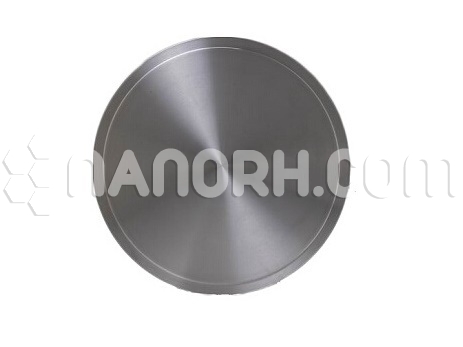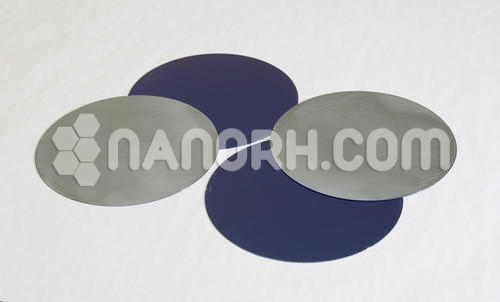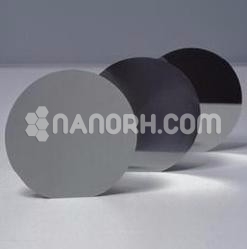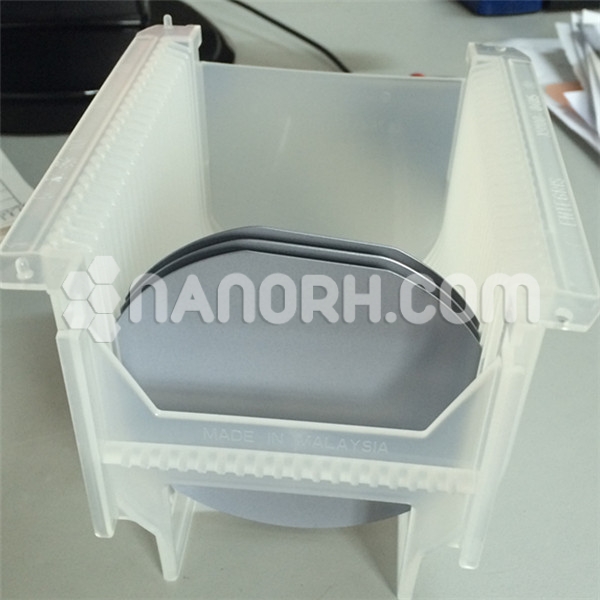| Niobium Zirconium Alloy Sputtering Target | |
| Product No | NRE-43126 |
| CAS No. | NA |
| Formula | Nb-Zr |
| Molecular Weight | 184.13038 g/mol |
| Purity | 99.99% |
| Thickness | 3 mm ± 0.5mm (can be customized) |
| Diameter | 50 mm ± 1mm (can be customized) |
| Shape | Round |
Niobium Zirconium Alloy Sputtering Target
Introduction:
Niobium zirconium (Nb-Zr) alloys are advanced materials that combine the beneficial properties of niobium and zirconium, offering improved mechanical strength, corrosion resistance, and thermal stability. These alloys are particularly useful in applications where high performance and reliability are critical, such as in aerospace, nuclear, and medical industries. Sputtering is an effective method for depositing Nb-Zr alloy thin films on various substrates, enabling the creation of specialized coatings and components.
Applications
Aerospace Components: Nb-Zr alloys are utilized in aerospace applications due to their excellent high-temperature strength and resistance to oxidation. They are often used in components like turbine blades and heat shields, which operate in extreme environments.
Nuclear Applications: The corrosion resistance and low neutron absorption cross-section of niobium zirconium alloys make them suitable for use in nuclear reactors, particularly in cladding materials and structural components.
Medical Devices: Due to their biocompatibility and corrosion resistance, Nb-Zr alloys are explored for use in medical implants and devices, enhancing the performance and longevity of these applications.
Thin-Film Transistors (TFTs): In the electronics industry, Nb-Zr alloys can be used in thin-film transistors, where their electrical properties contribute to improved device performance.
Protective Coatings: Nb-Zr alloy coatings are applied to improve wear resistance, hardness, and thermal stability in industrial tools and machinery components, extending their lifespan and efficiency.
Superconducting Applications: The unique properties of niobium zirconium alloys make them candidates for use in superconducting materials and devices, contributing to advancements in fields like quantum computing and magnetic resonance imaging (MRI).




